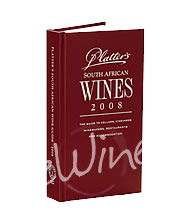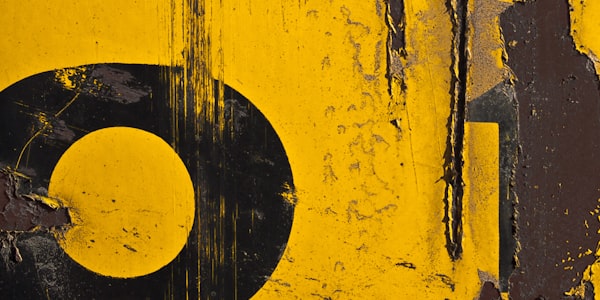An unseemly public spat has erupted around Platter’s SA Wines, the premier SA wine guide. Leading producer Kobus Deetlefs released a carefully reasoned press release setting out his reasons for withdrawing from the guide and was immediately savaged by an associate Platter’s editor in an intemperate attack on the Grape blog which is edited by a triumvirate of Platter pundits. Playing the man rather than the ball, the scientific fact that the brain is a wine snob I reported on in last week’s Financial Mail would seem to argue against the current practice of sighted tastings for the guide which leads to so much unhappiness among producers.

The late Auberon Waugh, one-time wine selector for SA Airways and curmudgeonly UK cultural commentator, has been proved posthumously right by researchers at the Stanford Graduate School of Business and Caltech. Waugh always held that a big part of the pleasure of drinking expensive wine is to know it is expensive. Reporting in the proceedings of the National Academy of Sciences in January, American researchers confirmed Waugh’s contention – and even proved that if you think a wine is expensive, you enjoy it more.
Twenty subjects were hooked up to a brain scanner and, when told they were drinking an expensive drop, the activity in their medial orbitofrontal cortexes (that part of the brain that registers pleasure) was triggered in the tasters. The part of the brain that interprets taste was not affected, so the conclusion drawn is that the brain is a wine snob – enjoyment comes from knowledge of the price tag, even when the researchers fibbed and told the subjects the wrong price.
One conclusion drawn from the experiment – that this was the first study to show that marketing has a direct effect on the brain – was, however, off the mark. Back in 2004, the mind-bending power of advertising was confirmed in a remarkable re run of the Pepsi Challenge. In a blind tasting, a group of subjects showed no taste preference for Coke over Pepsi. When the brands could be seen, Coke, the more famous of the two, triggered activity in those regions of the brain associated with cultural knowledge, memory and self-image and, lo and behold, three-quarters of drinkers claimed to prefer Coke, the world’s most refreshing burp, as novelist J G Ballard amusingly noted. Flavour seems to be the last thing consumers consider when deciding to buy their soft drinks.
The US research has important implications for SA wine producers and consumers. An annual wine guide such as Platter’s, widely used by local restaurateurs and consumers to make choices from the many hundreds of brands available, relies on sighted assessment of wines by a panel of 15 tasters, including retailers, highly paid consultants, commercial winemakers and PR luvvies. With the stratospheric selling price of wannabe icons such as Vergelegen V, Ernie Els, Saxenburg and Waterford’s Jem widely reported and common knowledge, these brands start off with a huge neural advantage over more modestly priced fare.
The research also confirms the observation that large brands, house wines and supermarket labels perversely suffer in the ratings stakes on account of their low prices. The famous case of Alan Pick, of Butcher’s Shop & Grill (on Nelson Mandela Square, Sandton) fame, and his Pick’s Pick Merlot 2004 made that point clearly last year. It was rated 2½ stars in the 2007 edition of Platter, though the version from Jordan scored four stars, the only difference being label (and price).
A snowball of producers withdrawing from Platter until tasting is done blind is gathering momentum in the winelands and, before it seriously degrades a national treasure, owner/publisher Andrew McDowall might take this research on board and arrange blind tastings in the interests of fairness.



